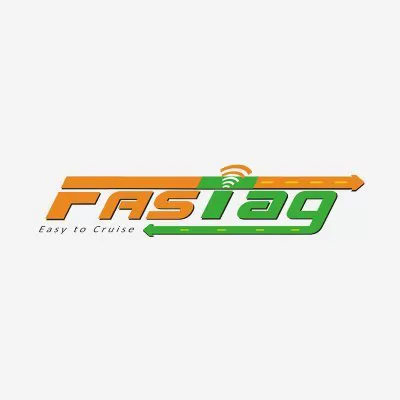The recent announcement of FASTag annual pass of Rs 3,000 will benefit frequently travelling private commuters but impact the toll collections of private toll operators. The deficit may need to be compensated under the concession agreement, and hence timely finalisation and implementation of the compensation framework will be crucial. In the interim, credit risk profiles of Crisil Ratings-rated toll operators are expected to hold steady, aided by adequate cash flow cover.
A Crisil Ratings assessment of 40 operational toll road projects indicates as much.
The annual pass will be applicable from August 15, 2025, for private vehicles, i.e., cars, vans and jeeps. The pass will cover up to 200 trips1 or one-year access from the date of activation (whichever is earlier). At present this pass will be applicable for national highways and national expressways.
Based on our assessment, a private vehicle typically pays Rs 70-80 per trip currently. Therefore, the annual pass, if used for 200 trips, will effectively translate into savings of up to ~80%2 or Rs 55-65 per trip.
Says Anand Kulkarni, Director, Crisil Ratings, “Private vehicles form 35-40%3 of the overall traffic plying on the stretches in our sample. In terms of revenue, the share is lower at 25-30%. Assuming a third of these vehicles purchase the annual pass, revenue of toll operators will be impacted by 4-8%. This may need to be compensated for. Timely finalisation of the compensation mechanism and swift implementation will reinforce the confidence of the private sector which plays a key role in funding the growth of the sector.”
The compensation process will involve consultation with stakeholders and finalisation of modalities which could lead to some delays.
Says Saina S Kathawala, Associate Director, Crisil Ratings, “Credit profiles of our rated toll road projects are expected to withstand potential timing mismatches between implementation of the annual pass and finalisation of the compensation mechanism. If there is a six-month lag in receipt of first compensation and a third of private vehicles opt for the annual pass, the DSCRs4 will have a minimal impact this fiscal. Additionally, adequate liquidity of at least one quarter will support credit risk profiles. Once the compensation mechanism is established, the DSCRs will return to their current levels.”
The shift to the annual pass would entail an additional process of getting compensation from the National Highways Authority of India (NHAI), the implementing agency, vis-à-vis the current process of real-time toll collection from users. The robust payment track record of NHAI, as seen in the case of annuity projects5, will mitigate the counterparty risk.
Net-net, the annual pass will benefit users and the medium-term impact on toll road operators will be modest. Having said that, more than expected adoption of the annual pass may lead to higher revenue loss in the interim and will bear watching.


